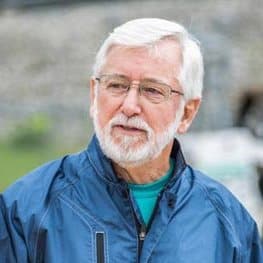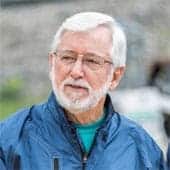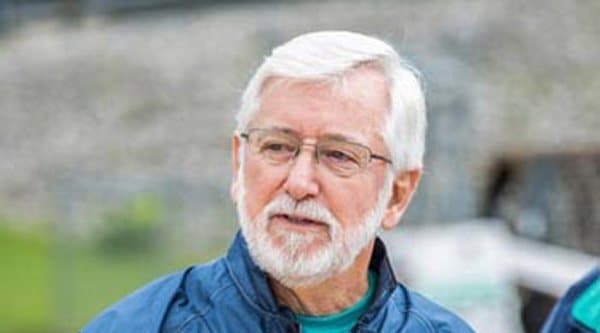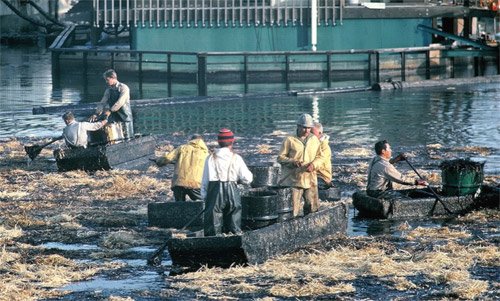Minibytes by Al Allen

Kilobytes, megabytes, gigabytes are terms used in the world of computers involving information storage or system memory. If a byte is described as 8 Bits (a “Bit” being the smallest unit of information a computer uses), then it seems reasonable that a “minibyte” could be an expression of a small amount (a little bit) of information. As I complete this, my 80th year on earth, some of my most trusted friends have suggested that I document and share some of the experiences, observations, and lessons that I am still able to access in my own mental hard drive. Many of these bits of information stem from the past 50 years training in oil spill prevention and control and working on spills under a broad range of conditions around the globe.
One of the most significant facts about oil spill control, involving “oil encounter rate”, also has relevance with my decision to start sharing some of my experiences via written Minibytes. In both cases, the key word is access. If there is to be success in controlling oil spills by any response method (skimming, burning or treating with dispersants), one must appreciate that you cannot recover, burn or disperse any more oil than that which can be accessed. While seemingly such a simple and obvious fact, it is only through a careful study and thorough understanding of the details of this point that spill responders begin to appreciate and benefit from its meaning. Likewise, if the sharing of lessons from my own 50-year career is shared only with family and friends during retirement, then the full potential of any bits of wisdom will have been lost. I am thankful, therefore, that the Elastec Corporation in Carmi, Illinois has encouraged me to document my observations as a blog on their website. The “encounter rate” for sharing information, bit-by-bit, will have been improved significantly through such access.
In my next exchange, I plan to expand upon the profound importance of “encounter rate”, especially as it relates to success in planning and implementing effective oil spill response for any spill situation and the resources needed to get the job done right. It is not an understatement when I say that this topic of access, whether it involves information or oil, leads to some of the most significant lessons I’ve learned and used throughout my career as an oil spill specialist.

Alan A. Allen has over five decades of experience as a technical advisor and field supervisor involving hundreds of oil spills around the world. Al is recognized as a leading consultant and trainer involving oil spill surveillance and spotting techniques, the application of chemical dispersants, and the containment, recovery and/or combustion of spilled oil under arctic and sub-arctic conditions.
Copyright© 2018, Al Allen. Unauthorized use and/or duplication of this material without express and written permission from this blog’s author is prohibited.


